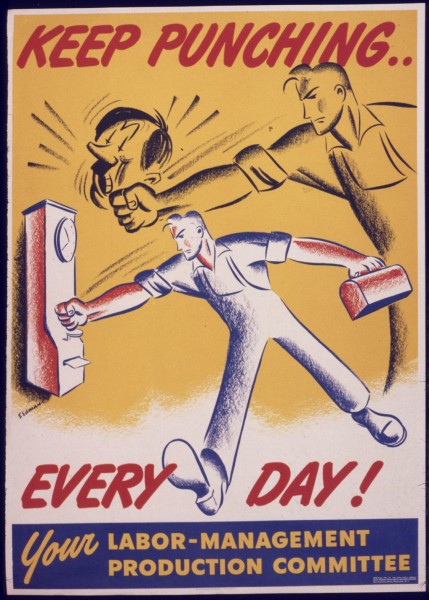
In many ways, running a freelance writing business is like running any other kind of small business: you have to show up on a regular basis, do the work, satisfy the customer, and collect for your efforts.
That’s the nutshell version of advice I shared earlier today on a Society of American Business Editors and Writers teletraining about working as a freelance business journalist. Thanks to SABEW for inviting me and the other business journalists who participated.
In case you missed the call, here’s a longer version of what I shared. It’s what I’ve learned about the business side of running a freelance writing business, taken from working for myself five different times over the years, including my latest going on eight-year stint. Most of the links go to WordCount blog posts on related topics in case you want to read more.
Run your business like a business
Maintain regular office hours. Have an online presence. Don’t be afraid to negotiate — if an editor or client wants you, you have the upper hand in discussing rates, deadlines and other aspects of a project. Understand your value, and what you bring to the table. If you’ve covered a subject for a while, if you’ve written whitepapers and the publisher is considering adding that kind of content to their site, if you’ve written for a wire service and can crank out copy on deadline – those are skills or traits that could give you the edge you need to get a gig.
Look for ongoing opportunities for work
I’ve built my freelance business around the contributing writer model, I look for steady writing jobs such as columns. It saves on time, marketing efforts and means I don’t spend a lot of energy chasing payments from publishers I don’t know very well. I might not have bylines in the highest-profile publications, but that’s a trade-off I’m willing to live with.
Go where the money is
There’ll always been a market for good business reporting because money! A lot of freelancers aren’t good with math (or at least think they aren’t good) or it’s not their topic of choice, which means there’s less competition. That’s okay with me, I’d rather write for markets and on subjects that everyone else is ignoring. Want to brush up on your math skills – read this: 5 simple math skills every freelancer should know.
Don’t write for free
Writing for free is not a sustainable business model. There are a few times writing for free could pay off, including if you’re promoting a book, keeping up your skills while taking a break from full-time paid work, or volunteering for a school or nonprofit. Even in those circumstances, keep it to a minimum.
Feed your passion and your pocketbook
You may love writing personal essays, but with rates being what they are, you might not be able to pay the mortgage and cable bill by only writing personal essays. Cultivate a work mix that feeds your passion and your purse. Business freelancer and Forbes personal finance contributor Laura Shin describes it as a layer cake — the largest, bottom tier is the work that pays the bills. The middle, smaller tier is assignments that are more interesting and pay better. The smallest top tier is the highest-paid work that feeds your soul.
Use an organization system that works for you
I use a modified version of David Allen’s Getting Things Done, including using weekly and monthly calendars that are color coded by activity; to-do lists; an Excel spreadsheet for tracking present and potential assignments and invoice status. Here’s how one freelancers uses the zero-inbox method to stay on top of things.
Use productivity systems that work for you
I use Evernote for Web research and sharing files with a VA when I use one; and Google Drive for sharing docs. Other freelancers swear by Scrivener,using whiteboards, or getting a jump on the day by working before breakfast. Here are some more suggestions for how writers can manage their time.
Take time off
I try to take off weekends so I don’t burn out and because I have a family. I also take vacations; last year I took 5 weeks off, and almost all major U.S. holidays, and still had one of the highest-grossing years of my career. It’s worth it but takes a lot of planning, and you have to be mentally prepared to work extra hours in the weeks before and after time off.
Have a tribe
Freelancing is a solitary business but it doesn’t have to be, and there’s only so much you can share with your S.O. before their eyes start to glaze over. Connect with groups in your city – ONA, FU, meetups – or join a national organization like ASJA. My online communities are FLX, UPOD and #binders. Read more: Freelance tribes.
Save money for retirement
Open a SEP-IRA and fund it to the max every year. I put in a lump sum every April coinciding with paying the previous year’s taxes, but other freelancers pay a little something into their retirement savings fund every time they get paid, or on a regular basis (monthly or quarterly).
Image of Office for Emergency Management War Production Board, via Wikimedia